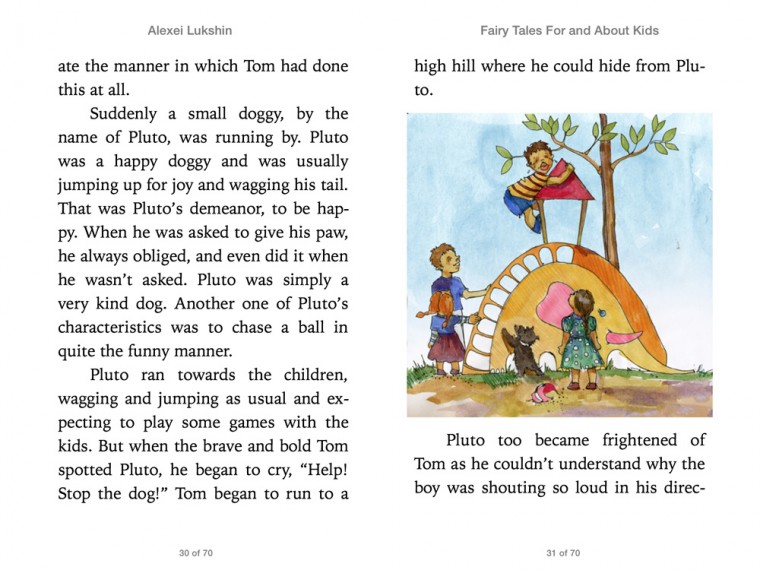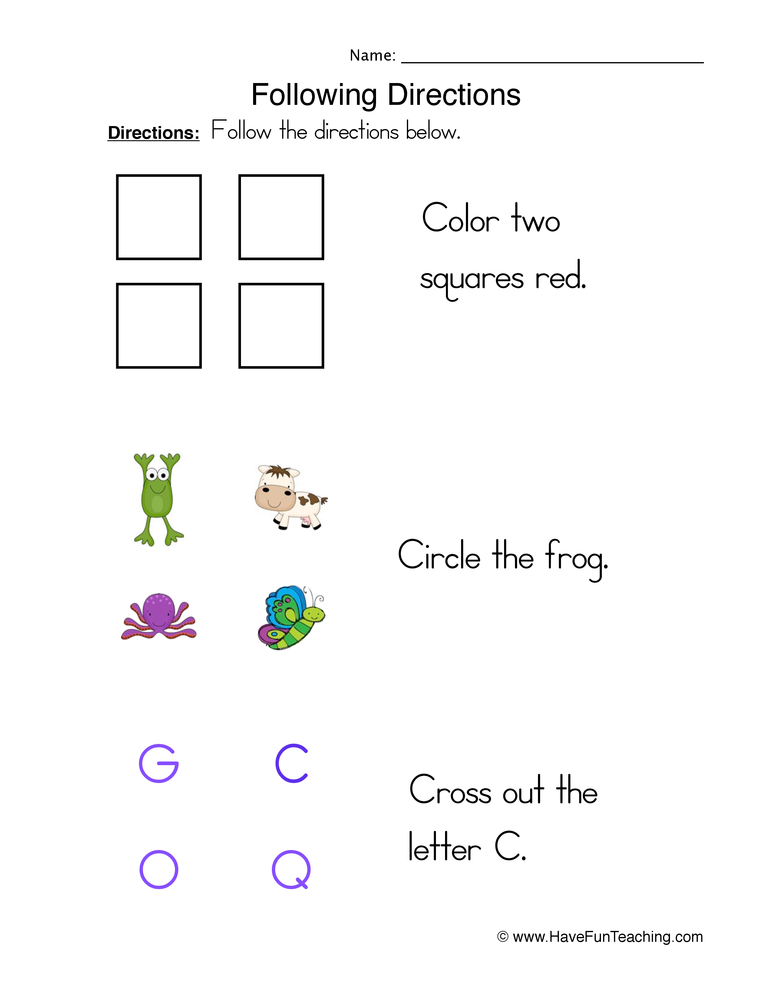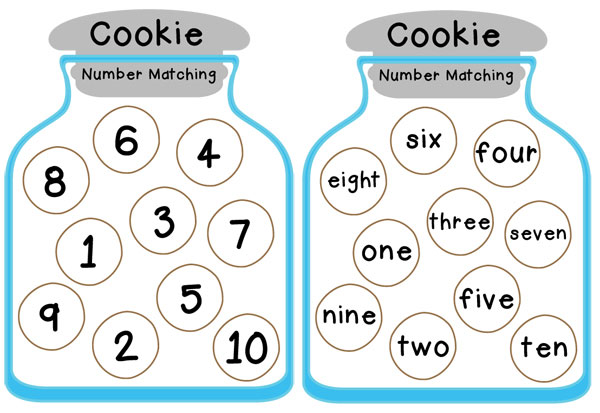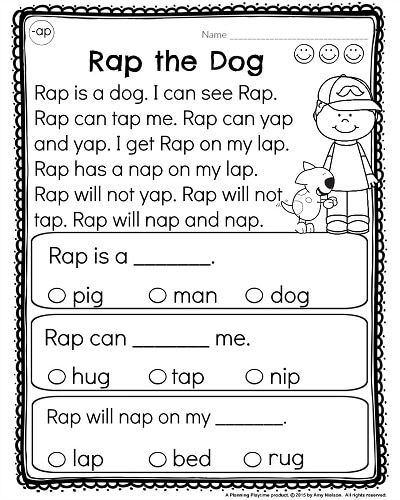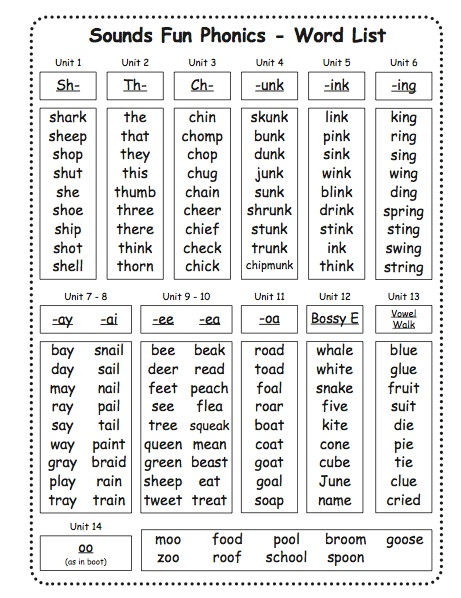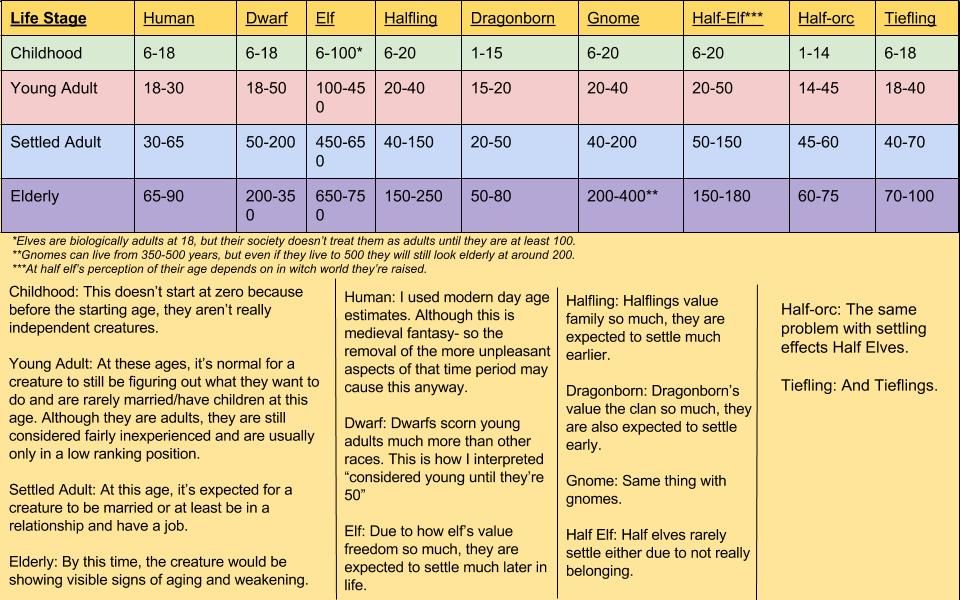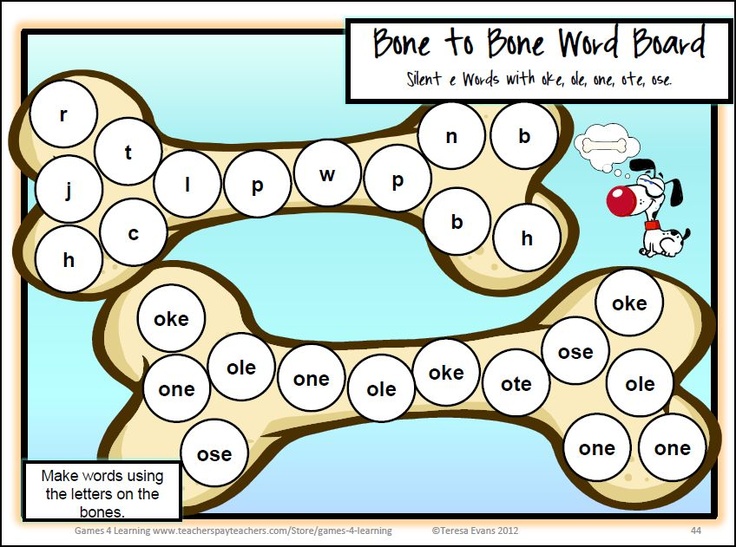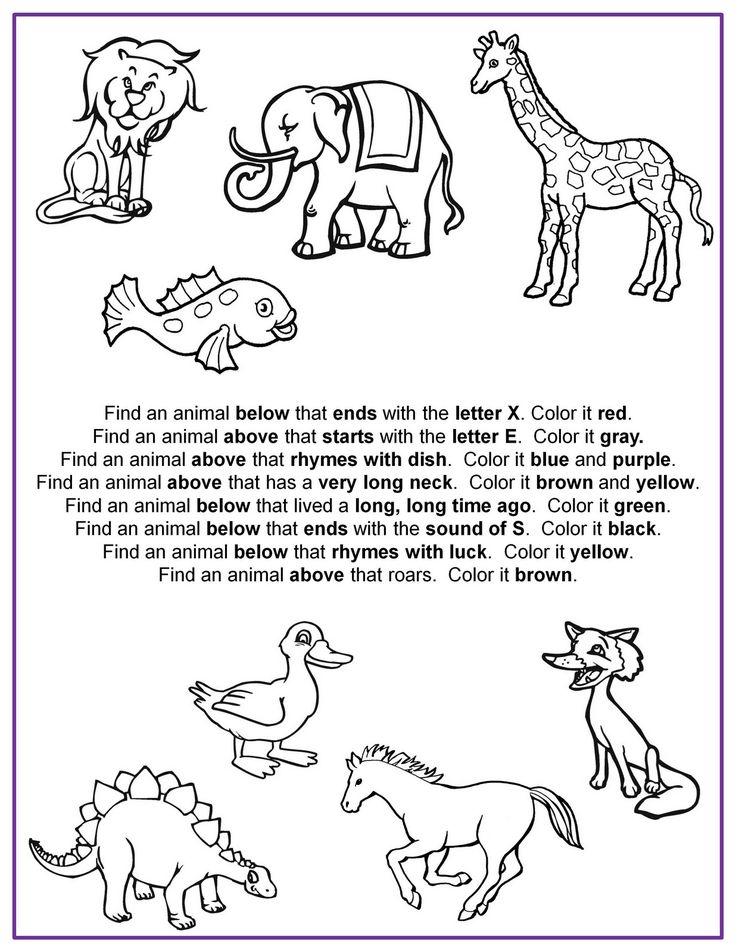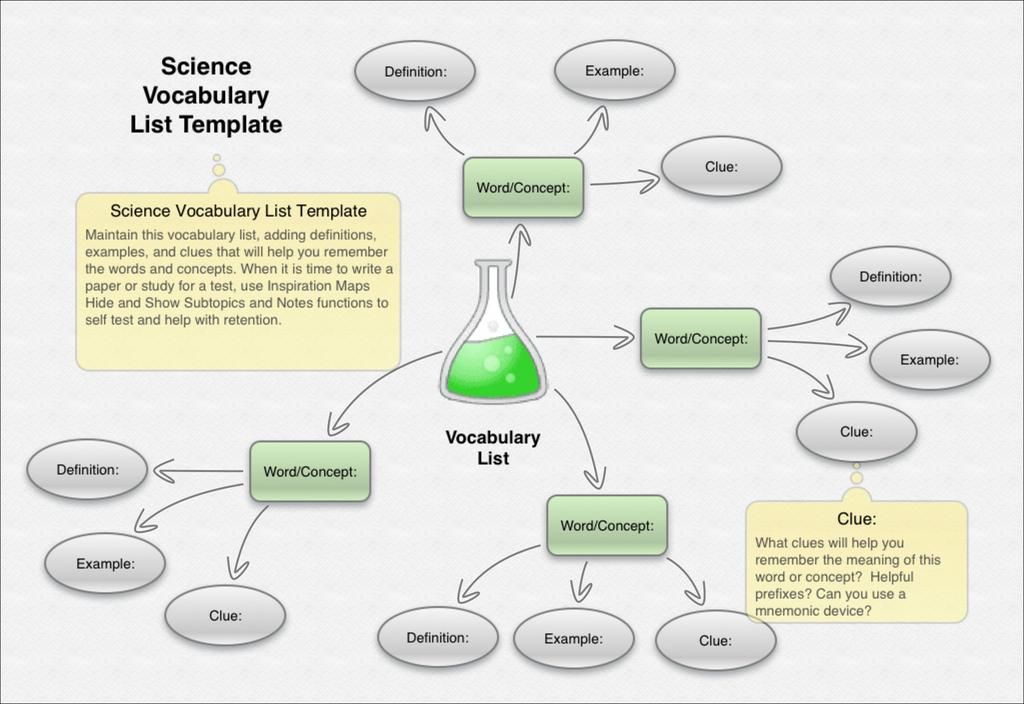6 year old struggling to read
Help! My 6 Year Old is Struggling with Reading
The typical six-year-old is usually either in kindergarten or first grade (depending on their birthday and district mandates). Reading skills at age six can vary wildly—some children are proficient readers, others are working on sight words and early literacy skills. For this reason, some parents wonder if their 6 year old is struggling with reading.
If you are lying in bed at night fretting that “my 6 year old is struggling with reading!” try not to stress too much. Here’s how parents may be able to better determine if a child really is struggling:
Grade-Level Benchmarks
Schools should have grading rubrics in place to help parents understand grade-level expectations. In elementary school,
grades could be letters or numbers. With the number system, children are usually graded as ‘above grade level” (4), proficient/at-grade level (3), partial mastery (2) and area of concern (1). These explanations could differ per district, however. The letter system is a bit easier for parents to understand; A through F provides a bit more definition and less ambiguity for parents. A child with a C, for example, is still scoring average.
These rubrics and how a child measures provides a glimpse into subject mastery. Typically, schools will provide a progress report in the middle of a quarter to help parents better understand their child’s progress and their struggles. Scores and reports are one way that a parent can understand a child’s reading ability.
Standardized Tests
Many districts implement standardized tests in reading and math to better understand students’ progress and mastery in these subjects. These tests may be administered throughout the school year to ensure that children are progressing appropriately and meeting grade-level standards.
Parents should receive scores from these tests; typically, scores will show a percentile rank and how a child compares to peers in the same grade. These tests can vary, however, and if a child is ill, tired or simply just having a bad day, their scores could be affected.
If a child is consistently scoring low or seems to be struggling to read at home, too, parents may want to request a meeting with the teacher and discuss options or possible interventions. While a single low score may be a blip, consistently struggling on reading tests could warrant more attention.
Struggles at Home
Parents may notice struggles at home before a teacher picks up on an issue. Maybe a child fails to grasp what is read to them or has issues sounding out words. When reading with a child, any struggles should be noted.
That being said, parents should not expect children to read perfectly and without error. Reading—like all skills—takes time and practice. Yes, for some children reading comes naturally…and easily. For other children, though, reading requires nightly practice and some parent involvement.
How to Work on Reading Skills at Home
All kids should read for fun. Whether a parent reads to a child or if a child reads independently, books and stories should be encouraged for entertainment.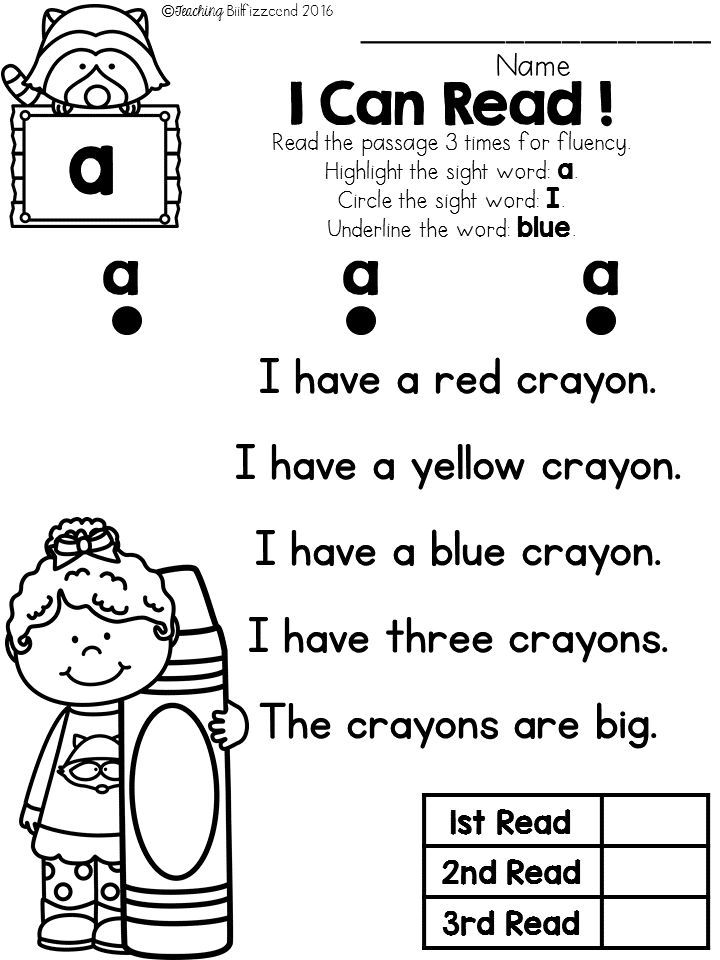 Yet, reading also has to be a skill that is mastered so that children can read to learn.
Yet, reading also has to be a skill that is mastered so that children can read to learn.
Play Reading Games
Six-year-olds are still at the age where memorizing sight words may be part of the curriculum. Make flashcards to help children quickly identify these words. Or play sight word reading games. When reading a book or story, have children spot all the sight words for a scavenger hunt activity. Parents also can make Bingo cards and play Sight Word Bingo. Get creative to help children embrace a reading adventure!
Listen to a Book
Children can listen to an audiobook while reading or following along in a book or story. Hearing the story may help them better understand what is being read or learn to decipher difficult words. Some children are auditory learners, and listening may be a better way to absorb information.
Talk about the Story
Encourage children to read a level-appropriate book aloud. Help correct any errors they make while reading, and ask questions about the plot and characters, too.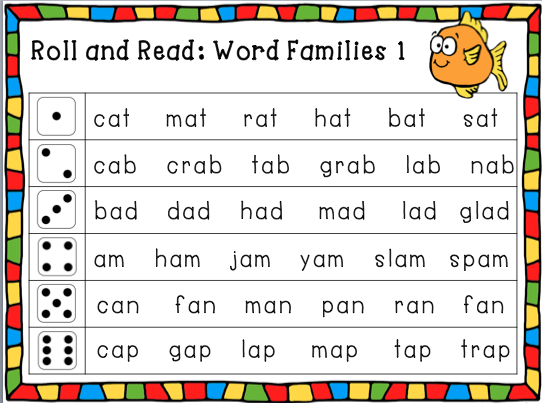 Focus on the ‘w/h’ questions of comprehension: who, what, when, where, why…and how.
Focus on the ‘w/h’ questions of comprehension: who, what, when, where, why…and how.
Let Children Choose Their Books
Sometimes kids don’t like to read, because they simply don’t like the book or story. To encourage children to read, allow them to choose their own book. If you want to encourage independent reading, be sure to choose books on their level.
Use a Reading App
For parents who want instructional help for the child, a reading app like Readability may provide the support they need to increase their reading skills. Readability provides leveled content that advances in difficulty as a child masters each level; lessons are never too easy or too difficult. Stories offer interactive features and colorful illustrations to keep children immersed in the reading experience. Parents can track their child’s progress via the Parent Dashboard, which allows parents to view time spent on the app as well as the child’s reading level.
Parents should feel confident that an app is the right fit for their child’s individual needs, and Readability offers a seven-day free trial that allows parents and their child to explore the app’s content and features. Ready to try Readability? Sign up for a free trial today.
Ready to try Readability? Sign up for a free trial today.
When to actually worry that your kid still can't read
Kids learn to read at different speeds. But at what point should you actually start to worry? Here are the red flags to watch out for.
Most people view reading as a mysterious skill that becomes knowable when, as in a cartoon, a light in the brain suddenly turns on. In reality, reading happens as a series of steps that begins with letters and sounds, and grows to include words, sentences, paragraphs and chapters that contain ideas, plots, stories.
Some kids just get it—they seem to be reading naturals and are practically self-taught by kindergarten, or they’ll learn it in school no matter what method a teacher uses. For other children, it takes more time to decode language by making the connection between letters and sounds, and different teaching styles may be needed before it finally clicks. “Kids really have their own pathways to reading, and sometimes it just takes it a little longer or a different way for it to click.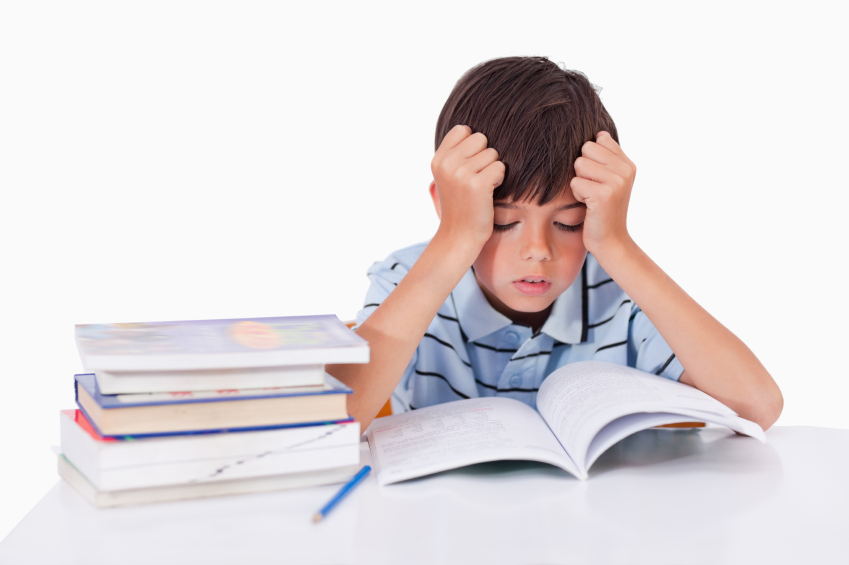 And then when it does it can take off incredibly. It just needs to make sense to them,” says Marianne McTavish, associate dean of teacher education at the University of British Columbia, and a senior instructor with emergent learning and literacy in the department of language and literacy at UBC.
And then when it does it can take off incredibly. It just needs to make sense to them,” says Marianne McTavish, associate dean of teacher education at the University of British Columbia, and a senior instructor with emergent learning and literacy in the department of language and literacy at UBC.
However, experts agree that by grade two, kids should be well on their way to fluency with books. “That’s a watershed year,” says Steve Truch, the Calgary-based founder and director of The Reading Foundation, an organization that runs remedial programs in Vancouver, Calgary and Toronto for students who are struggling with learning. If children are still having a hard time, he says, “Parents need to have a serious look at it.”
Not all seven- or eight-year-olds who are struggling to read have bigger issues going on, though. Here are some red flags that your kid might experience more challenges than the average student:
1. Struggling to read + a family history of reading challenges
The most common indicator that a child will struggle with reading is whether they have a family history of reading or learning issues, or dyslexia, says Truch. “We do know from research in the last 20 years that there’s a heavy genetic component to reading difficulties,” he says. “So for example, one child in the family with a reading issue means there’s a 50 percent chance for the next sibling to have it as well.”
“We do know from research in the last 20 years that there’s a heavy genetic component to reading difficulties,” he says. “So for example, one child in the family with a reading issue means there’s a 50 percent chance for the next sibling to have it as well.”
2. Struggling to read + previous speech delay
Even if a language delay is addressed and dealt with, Truch says reading difficulty related to the delay can still surface later on. When kids learn to read, they need to hear differences in sound—what experts call ‘phonological awareness’—and they need to grasp how language works. “For those who receive speech therapy and now speak and articulate well, the issue with reading will be related to lingering weaknesses in phonological (phonemic) processing,” says Truch. “Being able to articulate a word doesn’t mean the child can segment or blend the phonemes of that word. That is a processing level that is deeper than the articulatory level.” This is why a delay in language acquisition can precede a reading delay.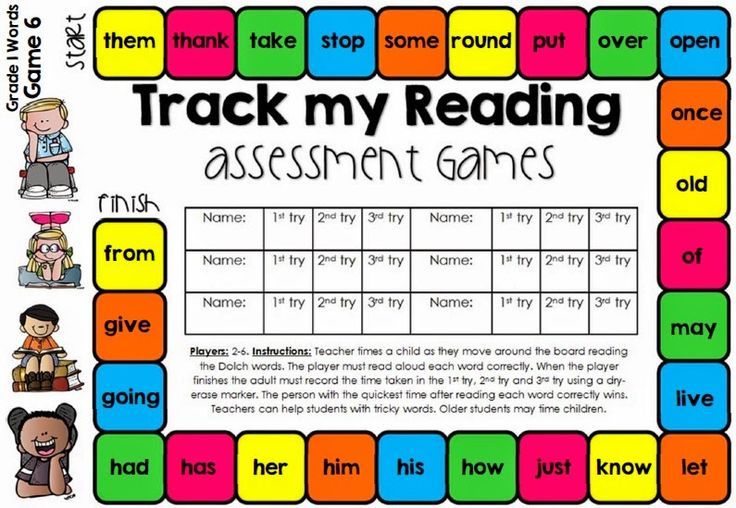
3. Mixing up letters and losing skills
Repeatedly mixing up similar letters (for example, b and d) can be a red flag if it goes on long enough. It’s still fairly common in grade one, and even into grade two, but look at it more closely if you get past age eight, says Truch: “Children who struggle with reading have more reversals for greater lengths of time, sometimes even into adulthood.” Forgetting word spelling in previously mastered words in early elementary (grades 1-3) is another common sign there may be a real reading issue.
4. Avoiding reading at all costs
In preschool and kindergarten, the majority of children love being read to and can’t get enough of books, letters and numbers. Most want to grab a crayon and start trying to print their name.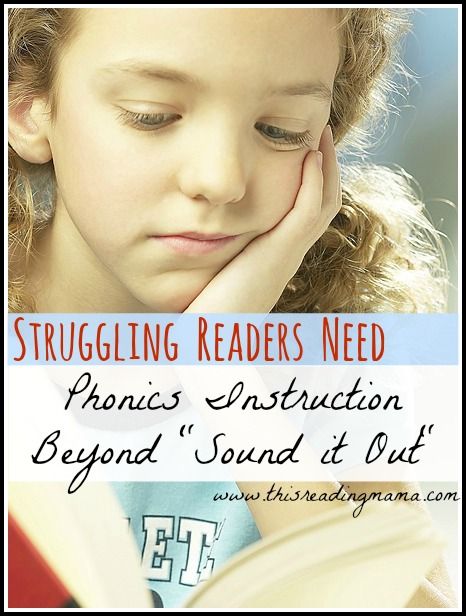 It’s the opposite in kids who go on to struggle with reading, say experts. “They don’t have a curiosity about being introduced to letters as they’re getting towards school age,” says McTavish, noting that it’s iterative. “If you don’t do well at something, you don’t want to do it. So those kids who enjoy being read to get more out of it; those who don’t get left behind.”
It’s the opposite in kids who go on to struggle with reading, say experts. “They don’t have a curiosity about being introduced to letters as they’re getting towards school age,” says McTavish, noting that it’s iterative. “If you don’t do well at something, you don’t want to do it. So those kids who enjoy being read to get more out of it; those who don’t get left behind.”
But the likelihood of your child falling through the cracks to emerge illiterate at the end of grade school is pretty low. Schools typically screen children for learning problems as early as kindergarten, notify parents, and begin an intervention program so those kids can catch up.
Experts warn there’s also a fine line between awareness of a delay and going overboard in an effort to close the reading gap. Parents sometimes panic and begin pushing their reading avoiders in an effort to motivate them, which can backfire. “Parents tend to really focus on the decontextualization of teaching reading. They get the flashcards, they drill them on the alphabet, have them write the letters. Yes, those are skills the child needs, but that can also take the joy out of reading altogether,” says McTavish. “So you get into a situation where the kids will just balk.”
Yes, those are skills the child needs, but that can also take the joy out of reading altogether,” says McTavish. “So you get into a situation where the kids will just balk.”
What can parents do if they suspect a serious reading delay?
Ultimately, if you see signs your child is struggling, your first step is to speak to the school. “Advocate for your child if you believe that something is not quite right,” says McTavish. “There are resources available—be persistent.” Truch agrees. “Most of the time a parent’s gut feeling is correct,” he says. “Whether you label the child with a learning disability or not, they need an intervention.”
Stay in touch
Subscribe to Today's Parent's daily newsletter for our best parenting news, tips, essays and recipes.- Email*
- CAPTCHA
- Consent*
Yes, I would like to receive Today's Parent's newsletter. I understand I can unsubscribe at any time.
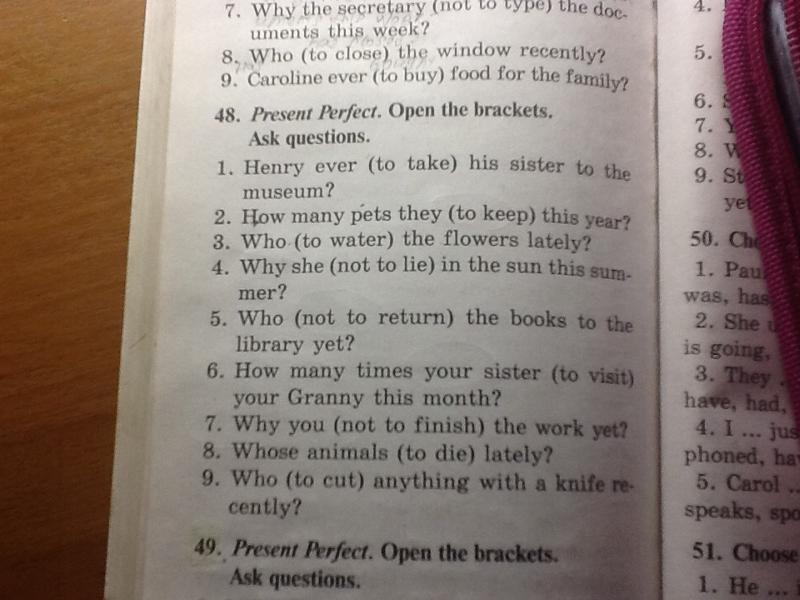 **
**
FILED UNDER: Education Learning disability Reading School School-age
Your child does not read well - causes
Reading is the most important human skill. Without this skill, it is impossible to fully interact with the world around us, to receive maximum information. In some cases, children have problems with the reproduction and perception of the text, reading is difficult for them. Modern parents often face such a situation and ask themselves the question: why does the baby read poorly, what should I do?
Basic secrets of correct learning
Choosing the right approach to teaching kids to read allows you to achieve high results, and vice versa: mistakes in building a lesson plan will not allow you to develop high reading speed, good memorization of what you read.
Teachers and psychologists highlight a number of recommendations to make learning to read more fruitful:
- try to get people interested in reading literature.
 Acquaintance with the book is not only education, but also entertainment. It is important that a parent can convey this to their children.
Acquaintance with the book is not only education, but also entertainment. It is important that a parent can convey this to their children. - choose books by age. If the kid cannot understand literature, then reading will not arouse interest in him.
- read before bed. So the plot of a fairy tale or story will be better absorbed and remembered.
- Discuss what you have read. This trains the memory of the baby, improves his speech. Among other things, he will learn to better express his thoughts, explain his point of view.
Many parents strive to quickly develop a high reading speed in their children. This is not entirely true, because first it is most important to develop a good understanding and memorization of the text. Sometimes, already in the first lessons, children have problems with the correct reproduction of words. If this is observed, then it is necessary to establish the cause of such errors, because sometimes they are a sign of various disturbances in the perception of information.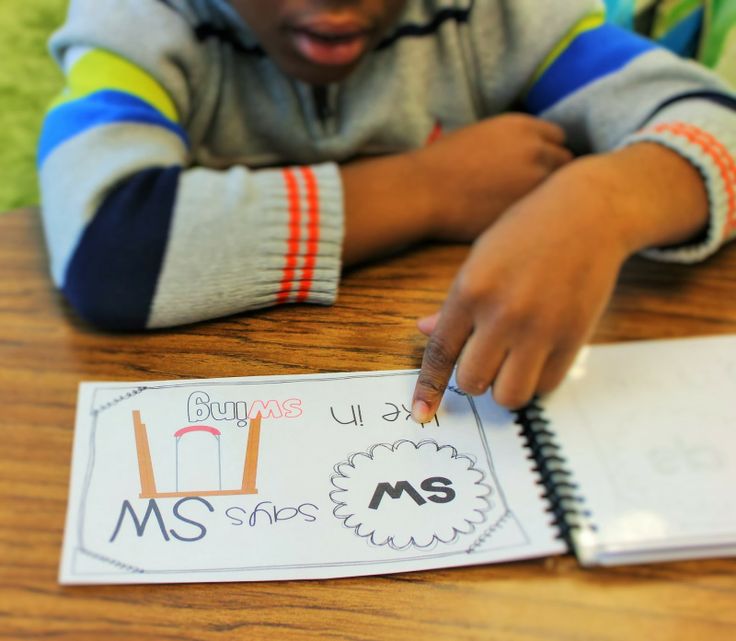
Why children read slowly
The reasons why a child reads slowly and does not remember what he read can be very different. The most common of these is the wrong approach to teaching literacy. When classes are inconsistent, he often does not have time to learn and consolidate any of the stages. This forms the wrong skill of reproducing text in him, for example, he reads letter by letter when it is time to read the whole word, or does not know how to break the word into syllables.
The child will also read slowly if he has a small vocabulary. Even in simple text, he will stutter over many unfamiliar words. In order to avoid this, it is necessary to read fairy tales and stories to the child from an early age. So he will develop his horizons, as well as enrich his speech.
Sometimes children cannot keep their attention on the text for a long time, the speed and quality of its reproduction suffer from this. But babies whose parents engage in activities that require concentration are less likely to suffer from absent-mindedness.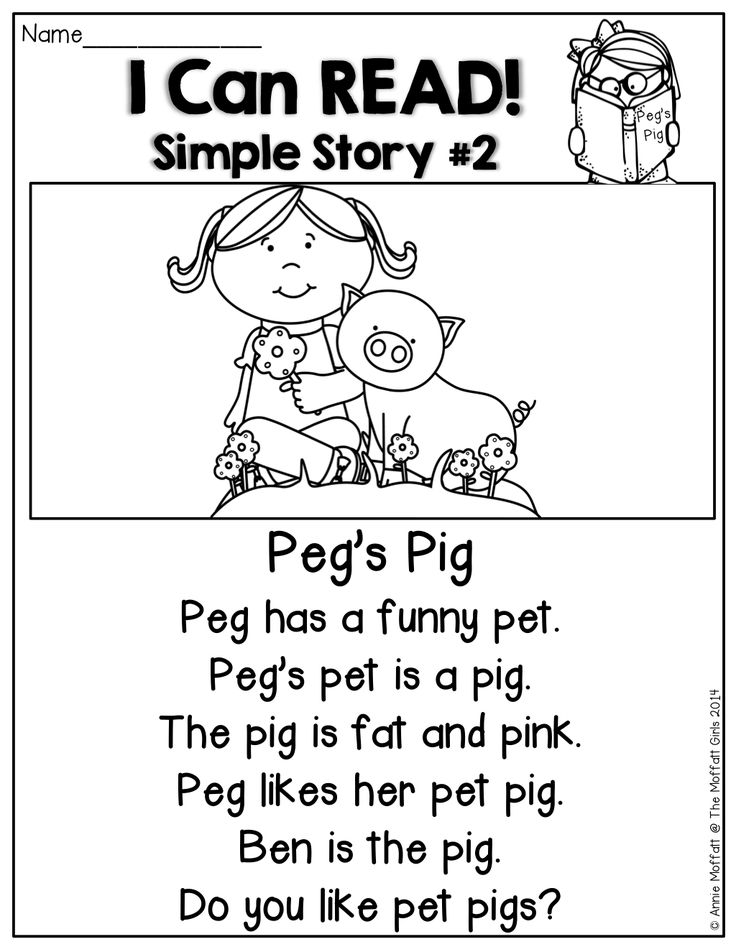 Concentration of attention is excellently developed by modeling, drawing, solving simple puzzles.
Concentration of attention is excellently developed by modeling, drawing, solving simple puzzles.
Poorly developed memory can make it difficult for a child to retell what they have read. Try to ask the baby more often about how his day went, what he learned new, what he did. Trains memorization and retelling of the plot of a favorite cartoon, a fairy tale.
Often the reason that children do not read well is the presence of problems with articulation. Despite the fact that in most kindergartens a speech therapist works with kids, it is also necessary to work out the pronunciation of sounds at home.
But what if the child does not read well, even if the parents follow all the recommendations? There is a possibility that this is his individual feature.
A child reads syllables backwards
A few decades ago, teachers had a different attitude to the fact that some children do not read well: they confuse syllables with each other, because of this they do not understand what they read. Then it was believed that the reason for such problems in the perception of the text lies in laziness and unwillingness to practice, improve their skills.
Then it was believed that the reason for such problems in the perception of the text lies in laziness and unwillingness to practice, improve their skills.
Now such errors are associated with dyslexia - a violation of the ability to read and write text. At the same time, the intelligence of such children, as well as the general ability to learn, is not lower than that of others. According to statistics, in Europe, about 5-10% of babies suffer from various forms of dyslexia, so this problem is quite common.
Thanks to the Internet, in the modern world, information has become available to almost everyone. So they started talking about such a common problem as dyslexia. This violation can no longer surprise teachers, psychologists, speech therapists of our time. Existing methods of dealing with dyslexia allow you to successfully correct the perception of the text, and thereby defeat it.
Most often, this problem manifests itself in the fact that the child confuses letters, swaps syllables, or reads them backwards.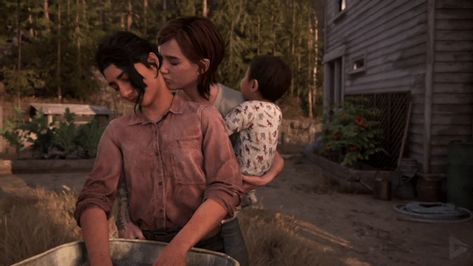 Because of this, he fails to read the text correctly, as well as correctly understand its meaning. Some children with dyslexia are able to read text correctly, but do not remember what they read at all. If the parent does not pay due attention to this violation, then it can also cause dysgraphia - the inability to write correctly, in which grammatical errors are made, letters and syllables are confused.
Because of this, he fails to read the text correctly, as well as correctly understand its meaning. Some children with dyslexia are able to read text correctly, but do not remember what they read at all. If the parent does not pay due attention to this violation, then it can also cause dysgraphia - the inability to write correctly, in which grammatical errors are made, letters and syllables are confused.
It is important to understand that only a specialist can determine whether a child is truly dyslexic. A qualified speech therapist will not only be able to identify this problem, but also correct it. Usually, dyslexia manifests itself already at the very beginning of teaching children to read, therefore, if you suspect it, you should immediately seek the advice of a specialist.
Corrective work takes a different time in each case. In addition to classes with a specialist, it is important to create a favorable atmosphere around the child, not to focus on his problem, not to cultivate complexes in him.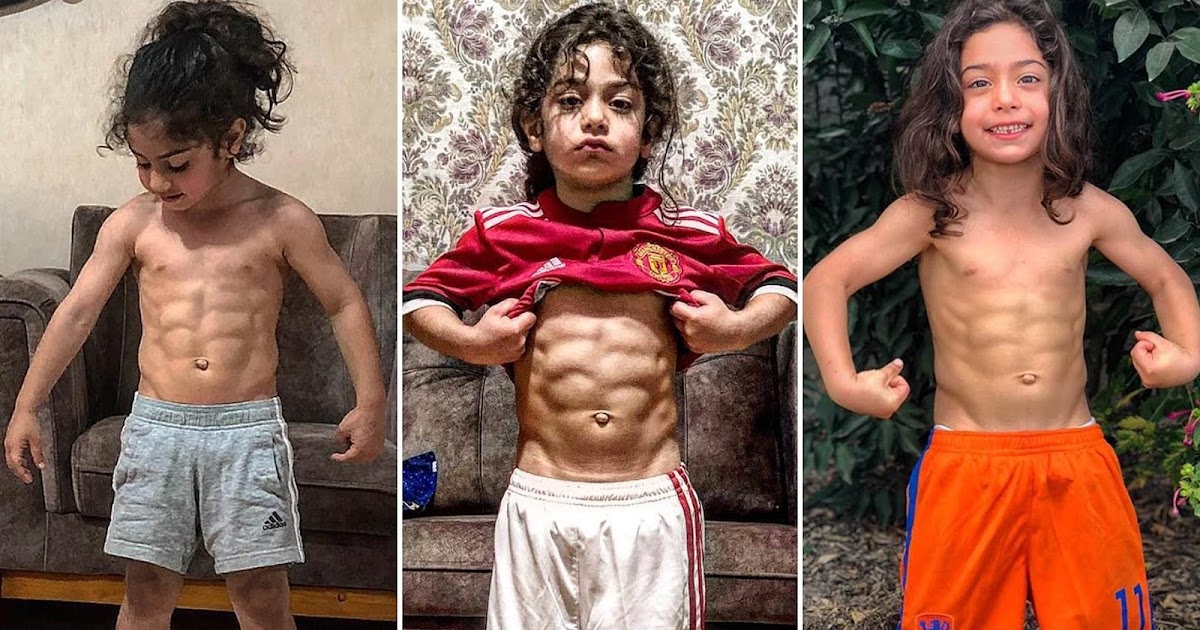 The joint work of the parent, speech therapist and child will allow the baby to overcome such an obstacle as dyslexia.
The joint work of the parent, speech therapist and child will allow the baby to overcome such an obstacle as dyslexia.
Educators' advice on teaching reading
Educators and child psychologists do not recommend starting reading instruction before the age of 5. Until this age, kids should spend more time playing, because it is their way to learn about the world around them. Until the age of 5, children are not yet able to concentrate on information in the form of symbols, they do not remember it well.
5-7 years is the ideal age for learning to read. At this time, the intellect of children is already sufficiently developed to master literacy and prepare for schooling. Despite the fact that for admission to the 1st grade of general educational institutions it is not required to be able to read, possession of this skill is desirable, first of all, for the baby himself. So it will be easier for him to be given the school curriculum, which means that he will be less tired from classes in the classroom and doing homework.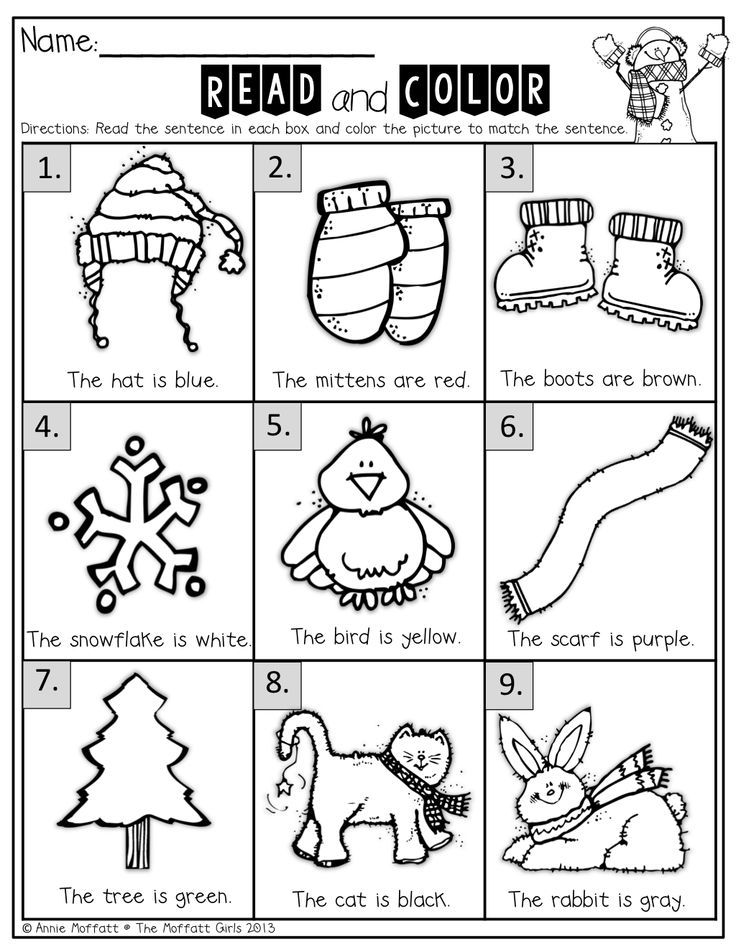
Learning to read should be smooth and consistent. Classes begin with a sound stage. On them, the baby learns that words consist of sounds, learns to distinguish them. The sound stage is very important, because if not enough attention is paid to it, then this can lead to problems in learning to read in the future. By the end of this learning period, the child will learn to separate simple words into sounds, for example, “m-a-m-a”, “p-a-p-a”, “k-o-t”, “d-o-m” .
When the sound stage is well mastered by the baby, they move on to the letter stage. On it, children learn to compare sounds and letters, memorize the alphabet. Special cubes and the alphabet will be a good help, classes with them are easier for the child. When the alphabet is mastered, the baby learns to put letters into syllables, and then into words.
It is important to pay special attention to each stage of learning, otherwise children may subsequently have problems when switching to fluent reading, which means that both reading speed and understanding of the text will suffer.
It is possible to study literacy at home, but parents do not always manage to adhere to any method, because of this, classes are chaotic, inconsistent. Therefore, it is better to entrust teaching reading to additional education centers, in which classes are held according to special programs. Also, small groups of students allow the teacher to pay attention to each child, which means to make the educational process more fruitful.
at almost 6 years old Read, write, count - everything?
I just hear that everyone around is smart and I have an ordinary daughter (here is an example below - I gave my training that year. Already fluently reading, writing and counting. But I gave it away - for the purpose of social adaptation, so that she understands the rules of behavior at school.)
We go to the usual garden, the child is normal in development, but she doesn’t read letters like that, she knows everything, but she doesn’t really want to read, or rather she doesn’t like it, and especially when I start to teach her mother, ((( if I had money, I think I would give it like tutoring somewhere, maybe too -Genius (more precisely, like everyone at her 6 years old - they read, write and count)))) Well, at least on Eva and on the site everyone is very smart already. How did you teach the children yourself or with the help of a tutor (teacher, etc.) and if by yourself, how? did you listen?
How did you teach the children yourself or with the help of a tutor (teacher, etc.) and if by yourself, how? did you listen?
I tried with affection, and with a stick and a carrot - all the same, she does not want to read the letters, to count with compulsion.
And mine doesn't want to, I don't pester her about it anymore. At school, everyone will read and who wants and who does not want. For me, the worst punishment before school was to sit down and read something
Not all of them, unfortunately. My friend's son is in 7th grade! He barely studies for triples only because he still does not read well
Of the entire kindergarten group (5.5 - 6 years old), only one can read, mine (sorry), but only technically, she can’t master the book herself. It's only on Eve that such a concentration of brilliant mothers of brilliant children. Almost everyone goes to prepare for school, and they will teach there.
I found the right motivation for my child and taught in a playful way. Yes, not everything worked right away. We didn’t have any problems with counting at all, but we had problems with counting, but water and stone wear away, the main thing is not to be lazy yourself.
My 5.8, can't read and doesn't know letters.
I knew the letters, but I couldn’t read, I didn’t drive. And then they gave me a few magazines about cars, and the guy who was a fan of cars started reading in just a couple of weeks. And the sister behind him, because she is proud, second roles are not suitable for her. Summary: the main thing is motivation. I didn't want to force it, and I don't want to. I've been reading since the same age.
It’s bad, now children of 2.5-3 years old know letters and many read, you just don’t work with your child, the sooner you start, the easier it is later, I speak from my own experience, I studied with the first child, but not so much (worked), but with the second from birth, using different methods, we go to the children's center and the pool --- already at the age of 3 - reads, believes, is well versed in the world around us and is very independent and, most importantly, has a great interest in learning.
not bad) mine went to a reading circle at 5.5, they taught me there. In 2 weeks she will be going to first grade. There is also an interest in studying, and smart)) where does such an idea come from that at three he owes everything ?? when will he be a child?
I sent mine to courses so that they would be taught to read before preparation. Well, I don’t know how to convey the principle of reading to a child. And how they understand how to read, calculate to a fluent state - this is my business and it’s not difficult, you just have to not be lazy to read for 15 minutes every day with a child.
I practiced with the elder every day from a very early age, almost all methods were tried on him. And the younger ones were already pulling themselves up after the elder - motivation is the most important thing. the youngest son was interested in superheroes before school and learned to write and read almost independently on these superheroes.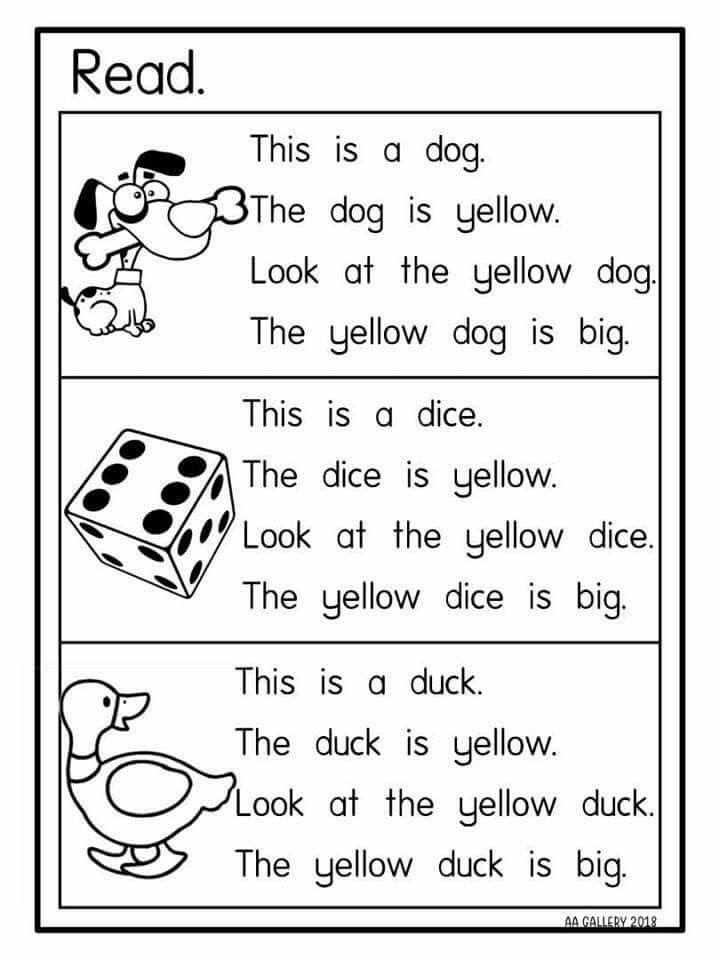 My daughter didn’t want to miss something that the elders do, so she herself asked me to teach me how to read and quickly realized that now she couldn’t tear herself away from the book. And her handwriting is better than that of the 7th brother, already now.
My daughter didn’t want to miss something that the elders do, so she herself asked me to teach me how to read and quickly realized that now she couldn’t tear herself away from the book. And her handwriting is better than that of the 7th brother, already now.
Why do you need all this? High requirements for admission to the intended school? If not, then why discourage a child from learning at such an early age?
I somehow don’t care what other children can do) And I really don’t work with children, we only have fun with them))
It doesn’t matter to me, it’s important for me that my child is happy) At 5 years old without reading it's more than real.
oh respect to you for self-acceptance) I generally have the same position, but significantly diluted with pangs of conscience))
I'm 7 soon, nigga
Now I'm 4 years old and 2 months old, my daughter has been reading non-adapted literature for half a year already, even often to herself.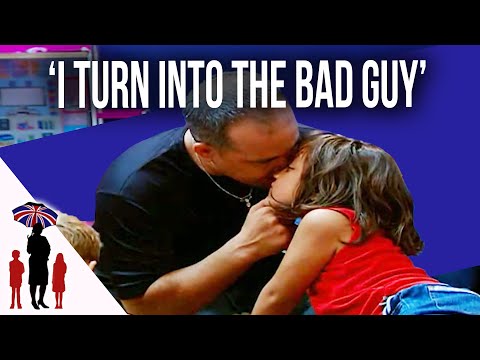
I taught not to read, but to write from ready-made letters and warehouses (Zaitsev's cubes, the poster "Learning to read", Word, the Russian version of Scrabble - "Wordplay" from Hasbro), well, I myself always read so that my daughter could see the words and the current reading place. I didn’t work specifically with alphabets. The child began to read inscriptions and books quite unexpectedly. Then, for the sake of decency, I checked her a little in the Tkachenko dictionary and in the books of Zemtsova for any complex syllables, no problems were found.
your experience is too small, limited to only one child.
So don't pass it off as an example.
I am the author of the top about training (5.8 for my son). My read only with a speech therapist, with us flatly refused. Here he rested this summer and began to give us himself. Now he writes in print (he can write by ear), reads words (he can understand a sentence of 3-5 words), reads different signs, counts within 20.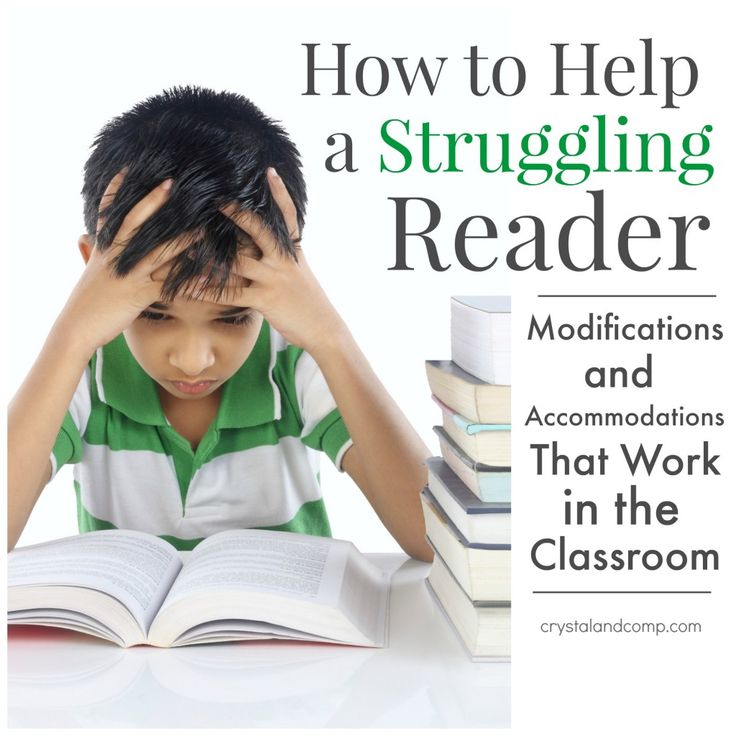 He knew all the letters from the age of 2. But! only a speech therapist helped us, he categorically did not want to deal with us, but with a bang. So I think it's better to entrust the teacher.
He knew all the letters from the age of 2. But! only a speech therapist helped us, he categorically did not want to deal with us, but with a bang. So I think it's better to entrust the teacher.
I have always believed and still believe that teaching a child to read is really difficult. For the non-specialist. There are different nuances here, it is very easy to break firewood. I saw a lot of children who were taught to read through the ass, I apologize for being rude. achieved by pressure, and then simply by memorizing words. I did not and do not undertake it myself. I'm only looking for speed. My older child was taught to read by a speech therapist after logocorrection, with the younger I will do about the same.
The youngest is 5.5, he can read open syllables from the letters he knows, but he does not know all the letters. This is all over me, of course. Of the sounds, "p" is not automated. Now in the autumn we will continue the sound recording, reading in parallel. I think by the age of 6 we will read by syllables.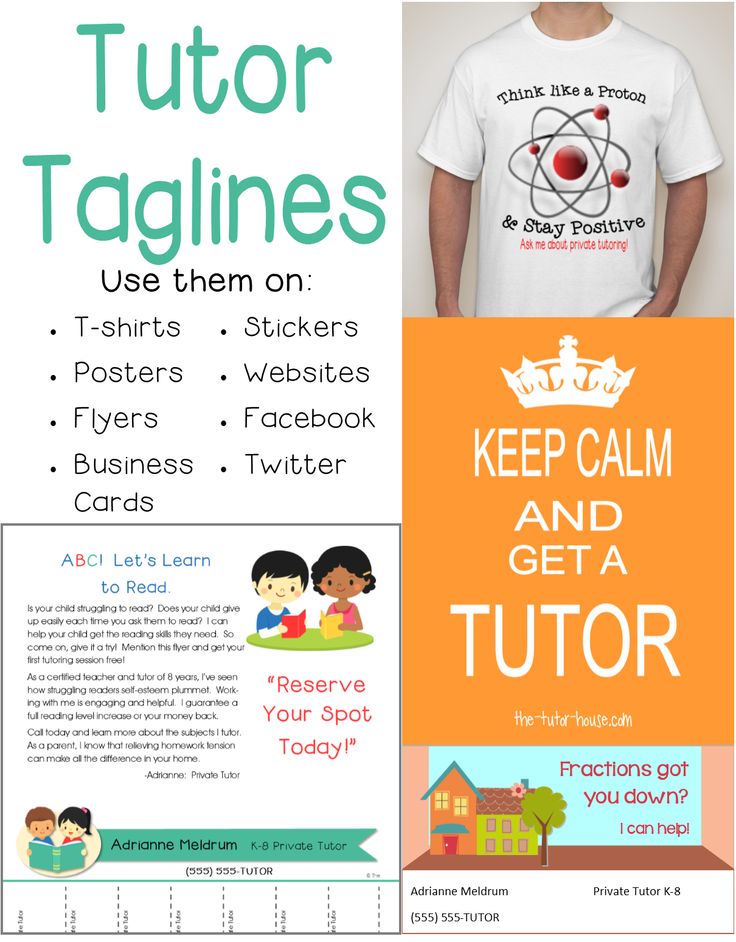 By school I hope to achieve a speed of at least 25-30 words per minute. He thinks it's normal now, they didn't teach him, he's grown up.
By school I hope to achieve a speed of at least 25-30 words per minute. He thinks it's normal now, they didn't teach him, he's grown up.
Will learn to write at the same time as reading.
My 5 years old. Reads fluently enough - understands what is read. Considers. He writes in print (as he hears, with errors). They learned to read from the age of 4 - according to Zhukova's primer. Then she herself - in the summer she now goes to the joint group in children. garden with kids. She is bored. Sit down and start reading. All the teachers unanimously say that she is bored in her group, where there are children of her age. And now they are giving recommendations to think about school a year earlier. But I do not want. She is still quite a child in many ways. And her father is also against early development - he himself recalls how bored he was in children. kindergarten and first grade school. So you don't know which is better.
We go to developmental schools only for drawing and dancing.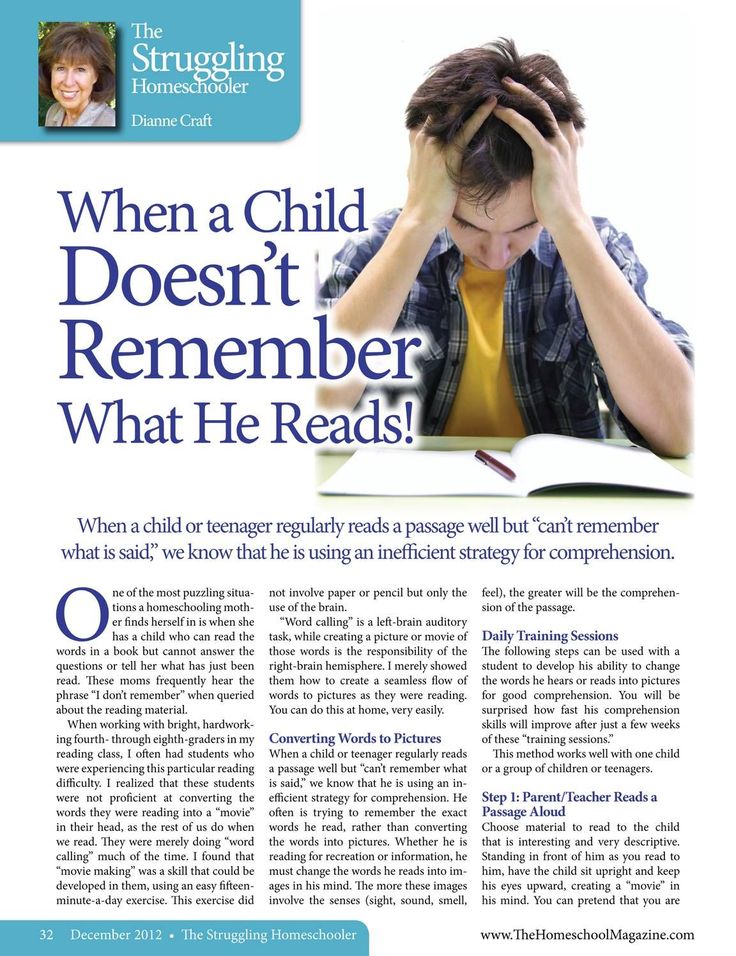 I study logic and mathematics with her at home and it seems to me that this is enough for us at school.
I study logic and mathematics with her at home and it seems to me that this is enough for us at school.
So take your time - it's still not known which is better.
6 years old boy. 1 year departed for 2-year preparation for school. There is doing well, the teacher is satisfied.
But he does not read, writes and counts reluctantly. I don't know if he will learn this year. Until he has matured to read, he reads by letter, so I don’t even force him. As long as he overcomes 1 word, all the desire to learn will pass.
I bought all sorts of benefits, I will try to study in the fall. Zaitsev's cubes and Zhukova's letters did not go.
the correct position has already been proven that early learning to read is only to the detriment. My aunt works with children (teacher) - so she gave articles on this topic, though I don’t remember exactly what it was exactly when I was 4 years old I read in syllables - my aunt said that it’s bad! Even the fact that he himself expressed a desire to read turned out to be no argument for her. due to early learning there are "gaps" in something else
due to early learning there are "gaps" in something else
5.5 years, counts up to 1000 back and forth, in units, tens, hundreds. Solves examples of addition subtraction up to 20. Reads independently from the age of 4, but does not like it very much. I taught myself, I didn’t go to developmental schools. There were a lot of benefits that the child liked, or electronic posters, computer games. If the alphabet is with cars or on the theme of cars, reading a talk about space or dinosaurs, etc., etc. I chose a topic that was interesting to him and developed according to it, so to speak. I wrote examples for example * Lightning makvin overtook three cars, one overtook lightning, how many cars participated in the race? Well, or, a tyrannosaurus eats two pterodactels for breakfast, three for lunch, one for dinner, how many pterodactels a tyrannosvar needs in total .. If you are not yet ready for an oral account, we take benefits (arranges cars according to the condition of the problem and counts it yourself)
Here, for some reason, Zhukova's primer did not work either. I didn’t try cubes (they say it was necessary to do it in 2-3 years, but it’s already too late at 5. It’s true that I recently read the word spider unexpectedly))) So it can go, because he knows everything about letters, but of course he doesn’t want to add words .
I didn’t try cubes (they say it was necessary to do it in 2-3 years, but it’s already too late at 5. It’s true that I recently read the word spider unexpectedly))) So it can go, because he knows everything about letters, but of course he doesn’t want to add words .
it's about the desire of the child. At 4, we knew all the letters and knew how to add syllables, but there was no desire to read - only at my request. And then a situation arose when it was necessary to read something (I studied with a small one - I could not tell her with a task in a book with mathematics), it was just boring - and the child began to read on his own.
I wonder if the desire will wake up?? Just remembering myself, I went to school, I didn’t have any particular desire to read. But at the age of 7 I already read well and, most importantly, wrote a lot in block letters - well, at least on the instructions of my grandmother, my mother could wash the frame.
But what would be the desire (the desire appeared probably in class 4 when I already started reading fluently.
I learned before school - almost by myself, as my parents say. And already at preschool age I went to the library with a backpack - books and home Probably the eldest is like me, but the youngest does not speak at more than 3, although she counts up to 5. Therefore, when she takes the primer in her hands, it is even difficult to imagine.
The eldest by 6, when he went to training (exclusively in order to get into a particular school and learn how to behave in the classroom) - counted up to 1000, performed calculations within 20, wrote, read perfectly (and turned out to be the best in the class in reading as a result ). We did it ourselves at home, no extra effort. By the time I entered school, I was reading, counting to 100 and writing. But I visited the logo garden and in the preparatory group they really did a lot of work with us, every day. In theory, yes, this should be taught in schools.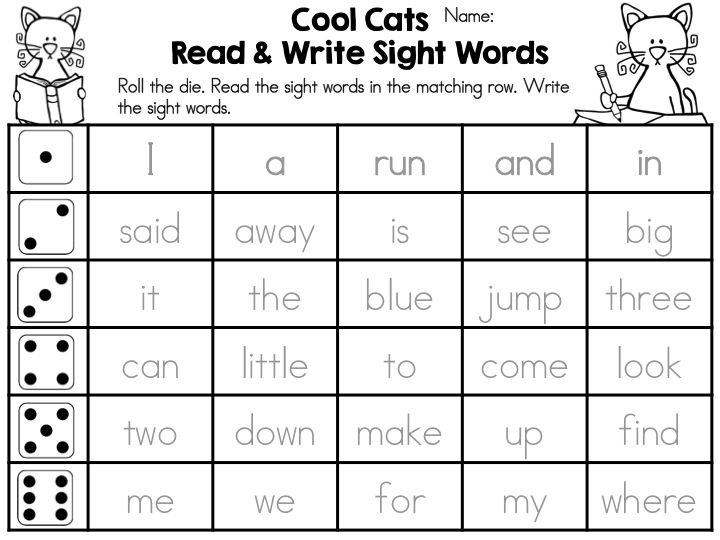 But the children of those parents who firmly believed in this, the entire 1st grade went to additional classes in order to catch up with the majority of students. Those who came to school knowing how to read and count. The letter is just not needed, it will most likely be retrained anyway.
But the children of those parents who firmly believed in this, the entire 1st grade went to additional classes in order to catch up with the majority of students. Those who came to school knowing how to read and count. The letter is just not needed, it will most likely be retrained anyway.
from the age of 4 they read both, the eldest at 6.5 to a thousand in Russian and English counts, in his mind examples within 20 for minus and plus are like nuts. It seems to me that this is the average norm, without frills. Someone doesn’t read or count, but in sports they already have medals)
in our first grade (school from the age of six), out of 26, three people read. 11% of children, that is, none of my son's friends read at all.
Probably the authors of such tops, creating such a topic, are trying to find support and justification for themselves in the fact that "my child can't read and write, and let him, I can't teach (which is equivalent - I don't want to strain), let him teach kindergarten / training / school, because sooner or later someone will teach. And at the same time, they are surprised at the achievement of other mothers and their children, taking it either as harm or as a deviation from the norm.
And at the same time, they are surprised at the achievement of other mothers and their children, taking it either as harm or as a deviation from the norm.
Mine was reading fluently at the age of 6. We attended a speech therapy kindergarten and our teacher was a woman who worked almost all her life as an elementary school teacher. Almost everyone in her group read, it seems that 1 boy did not read - this is out of 15 people. The rest of the children who are better and who are worse, but in the last year of being in the garden, everyone read.
Author, when did you yourself learn to read and write? Although writing is still somehow not very good for you
Is there anything to be ashamed of and what to justify?)) Yes, not being able to read at the age of 5 is completely normal. A mother should not strain a child with classes - that's okay too.
And what achievements are you talking about? The ability to read is not an achievement, forgive me, everyone can read.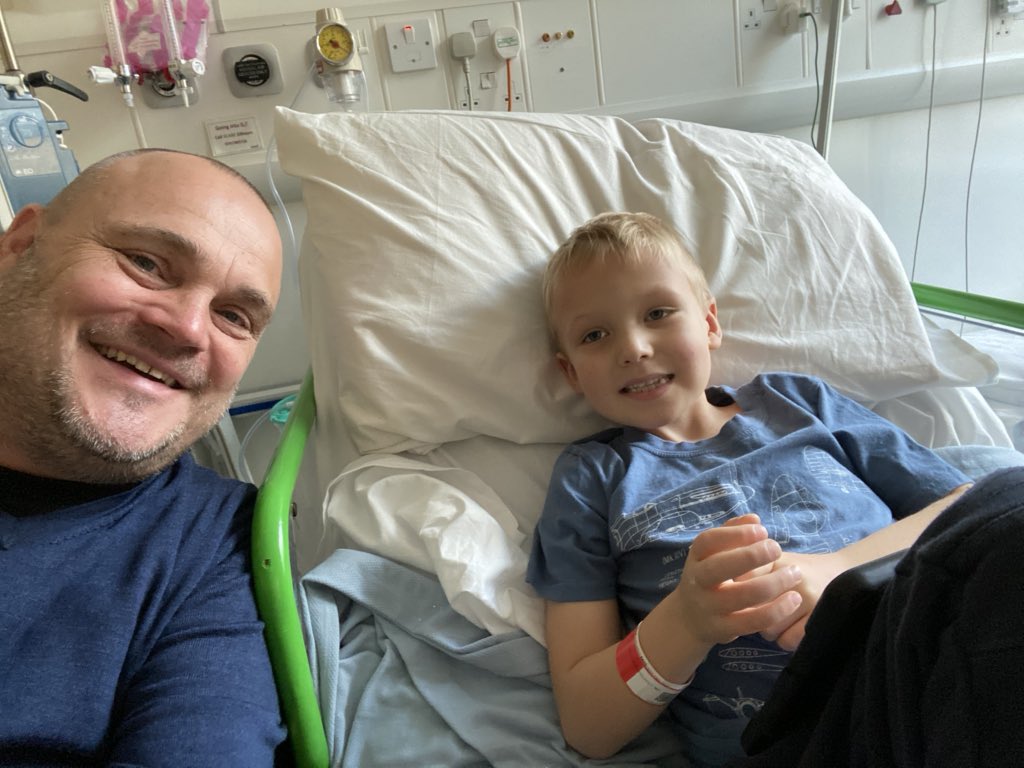 Achievement is the ability to do what others cannot.
Achievement is the ability to do what others cannot.
Since you are quoting my post, I will write: she has been reading since the age of 4, she taught herself from O. Zhukova's primer. It came easy. I don’t consider a child a genius, I saw it more capable. Now on Eva, by the way, it’s fashionable not to praise the ability, but to write that he can’t do anything. And if my child can do everything from the above, I don’t consider it necessary to belittle the ability. Well, in general, all children are talented, only each in his own way. Why compare them. In the next top, a child at 6.5 is already frying pancakes, but mine doesn’t know how. But he knows something else. All children are different.
I agree. The desire of parents to teach a child to read is akin to the desire to teach him to walk when he has not yet matured for this: parents put the child in a walker, lead by the handles, and often they are driven by vanity, the desire to be better than others and the fear that the child will not learn something, although quite it is enough to create an atmosphere conducive to moving forward.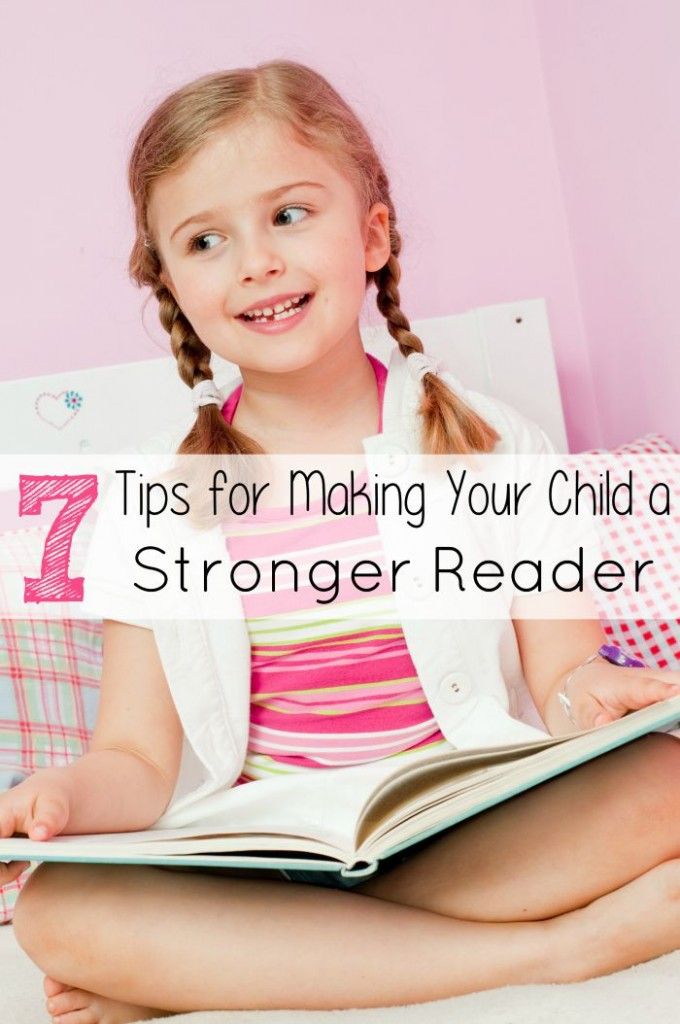
It is the same with reading, the child is shown letters already at the age of one, but I am sure that until the child is ready to read, he will not read. Children are different, just like most children start walking at 12 months, there are always exceptions, but they are considered the norm. My eldest daughter got up on her own and walked at 8 months.
Usually, by the age of 7, all children can read, but there are those who read from the age of 4, for example, myself. I didn’t teach older children to read, I just showed them letters from time to time starting from 4-5 years old, but not finding a response, I put it off. At the age of 6, both older children learned to read within 2 weeks, and my daughter learned to read in two languages at once, Cyrillic and Latin. The younger children will be 6 years old in October, they do not know all the letters, they know how to write their name, they cannot read at all. From October they will go to prepare for school. Since everyone in the house reads very actively, they discuss what they read and, in general, the style of our family “reading is great”, I don’t worry about younger children, they will learn to read by school.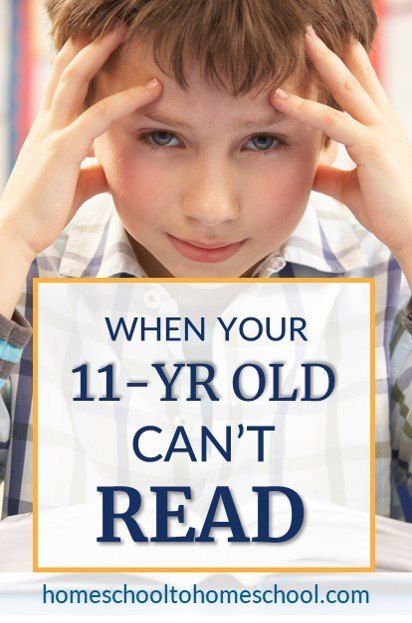
If anything, I have been reading since the age of 5, I went to school fluently reading, counting well and writing in block letters. She did not lose her interest in studies, she studied well and with pleasure, the result is a school with a medal. I hope for the same (or better) result with my daughter.
My daughter is now 5.4.
Knows several letters, sounds, remembers how to write individual words (mother, father, etc. can write), counts within ten.
Logic is well developed, auditory memory, visual memory is also nothing.
I'm not particularly upset
Well, I also have a medal)) But I already learned to read after 7 years. And by the way, there is a diploma. Is there nothing else to do?
Daughter 4 and a half. She could not remember the letters (I studied with her from time to time), she was not interested. And this summer (in 4 years 4 months) she suddenly woke up with an interest in letters and the composition of words.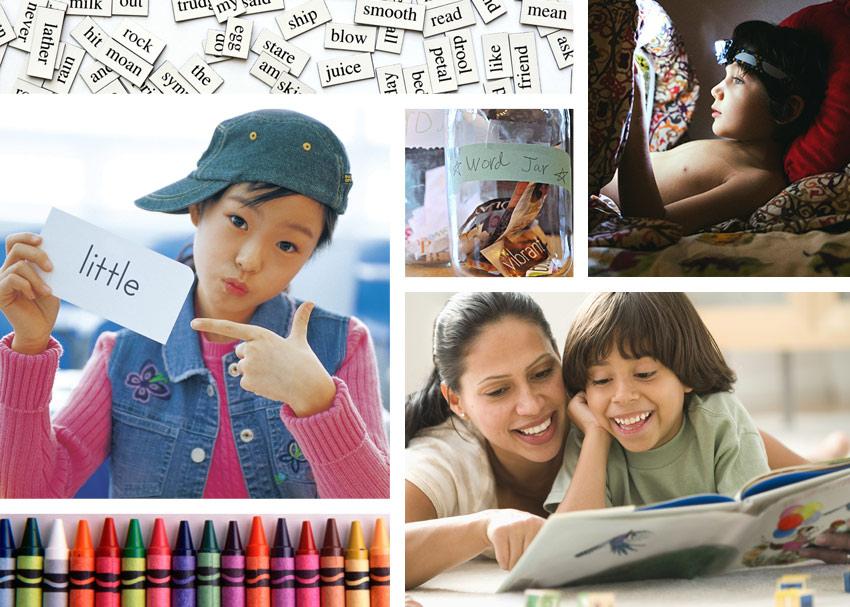 I tried to maintain this interest, invent small games with words to make it fun and interesting. And my daughter literally learned the letters in a month, and began to read. He doesn’t read books yet, but he searches and reads words and simple phrases everywhere and everywhere. He is constantly indignant why it is not written the way it is heard =)
I tried to maintain this interest, invent small games with words to make it fun and interesting. And my daughter literally learned the letters in a month, and began to read. He doesn’t read books yet, but he searches and reads words and simple phrases everywhere and everywhere. He is constantly indignant why it is not written the way it is heard =)
The main thing is to arouse interest and desire for reading! You cannot teach to read against your will, otherwise you can be repelled from books for a long time.
will be six in a couple of days.
knows how to read, but does not like it, he reads words (including long ones) phrases easily, and when he sees sentences he goes into a refusal like "I can't read such a long one" but I don't insist.
addition subtraction within 20, on the fingers, just count up to 1000, but with tips, as it sometimes goes astray. Counts back from 10, counts even and odd, counts fives.
He writes in block letters, tolerably, although as long as I hear and write, he knows the simplest rules, such as JI-SHI and CHU-SHU, mirrors very strongly.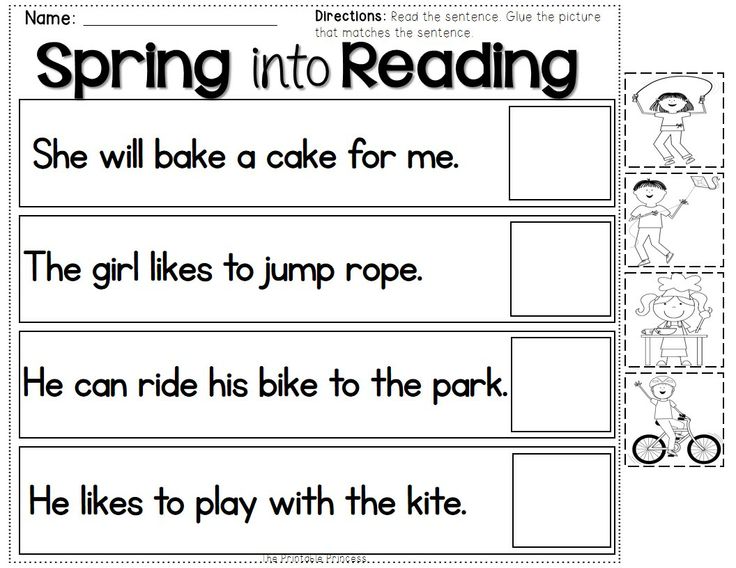
I’ll study my son quietly for another year before school, so that I can read better by school, count up to 20 in my mind, I’ll try to defeat mirroring, well, we’ll write prescriptions to strengthen my hand.
Don't worry, we all have time to read, and play, and walk, and everything that is necessary for this age. And the 4-year-old liked to read that I now artificially slow down the process, take the books and hide them under lock and key? If you do not need - do not teach, but this does not mean that you are exclusively right. By the way, the author's question was about a 6-year-old child. So, in our environment, almost all children of 6 years old read, more or less well, but they read. With rare exceptions. And when enrolling in school, the requirements of teachers (unofficial, of course) that the child could read. A non-reader, of course, will be taken at the age of 7 and at the place of residence to school, but I don’t think it will be easy for him. So, it's up to you. Well, now everyone has a diploma. I even have two. Well, if to yourself - you started reading at 7, and by seven I was already reading books "binge", and I got great pleasure from it, I see the makings of the same in my daughter and am very glad. Again, this is just my personal opinion, I share it with the author of the topic, since she asks and quotes my post, and I don’t impose my opinion on anyone, by the way, unlike you. I can ask in your manner: why don't you teach a child to read, can't you?
So, it's up to you. Well, now everyone has a diploma. I even have two. Well, if to yourself - you started reading at 7, and by seven I was already reading books "binge", and I got great pleasure from it, I see the makings of the same in my daughter and am very glad. Again, this is just my personal opinion, I share it with the author of the topic, since she asks and quotes my post, and I don’t impose my opinion on anyone, by the way, unlike you. I can ask in your manner: why don't you teach a child to read, can't you?
Here, too, at the age of 4, we suddenly had an epiphany, how syllables are obtained from sounds. I gave it a little push and it worked. Also in a playful way, of course. I read it at 4.5. She was also indignant that it was not spelled the way it was heard
my daughter learned to read with Chitarik-Smesharik - a very good book, most of it mom reads, and the child starts from a minimum
I'm not talking about "ashamed" and I'm not talking about " strain the child", I'm talking about the responsibility of the parent to his child.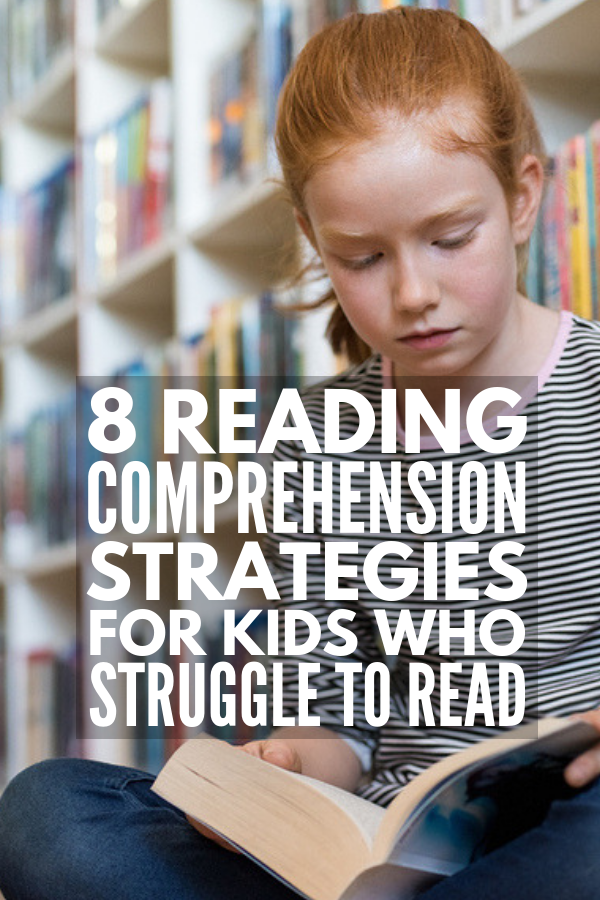 What are you putting into it now? And why is it stressful for you to work with a child? You can find enough options to stimulate his interest and motivation, no one knows your (conditionally) child better than you yourself, so everything is in your hands, provided that there is a DESIRE.
What are you putting into it now? And why is it stressful for you to work with a child? You can find enough options to stimulate his interest and motivation, no one knows your (conditionally) child better than you yourself, so everything is in your hands, provided that there is a DESIRE.
Mine learned to read towards the end of preparation for school (he walked for six months). Before that, it didn’t work out in the garden (I read syllables, but I didn’t understand what came out of them) - the teachers said not to hysteria about this, anyway, nothing good will come of it by force.
Considered well in the garden. He wrote in block letters from dictation.
If there is a desire for a child - no problem. And the desire of the parents is their personal ambition, it certainly should not affect the child.
Mine didn't read almost until school. "It didn't work" for him, he didn't mature enough to put syllables into words (he read syllables, but he didn't understand what they turned out) - and at least you crack.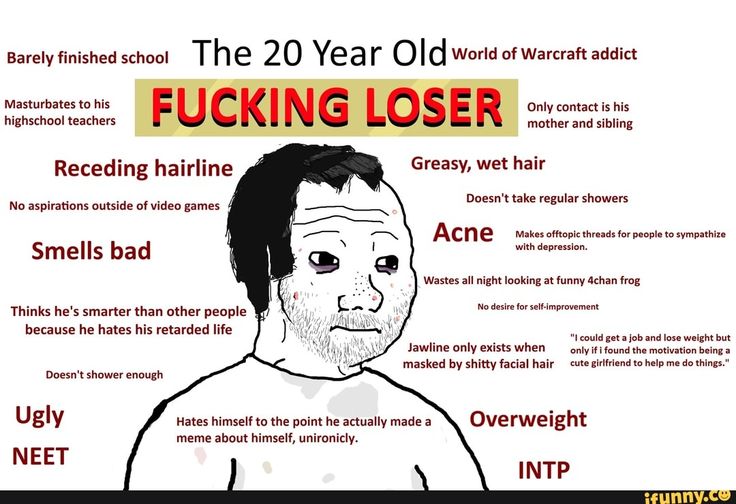 Of course, I gave up on this matter (and, by the way, I consulted on this issue with educators and a teacher in preparation) - she still has time (but our grandmother ate a bald patch for me because she couldn’t read: my sister SAMA learned to read at 3 years old , my mother taught me to read only by 5).
Of course, I gave up on this matter (and, by the way, I consulted on this issue with educators and a teacher in preparation) - she still has time (but our grandmother ate a bald patch for me because she couldn’t read: my sister SAMA learned to read at 3 years old , my mother taught me to read only by 5).
My child finished the first grade as one of the best in reading (and no one pressed on him - just as if some threshold had crossed at once) - what was the point of torturing him before?
Not really. They are trying to find arguments in favor of the fact that they have not yet been late anywhere.
What's wrong with not straining unnecessarily, but doing what gives pleasure?
I now put into it everything that makes it happy - we play, we go for a walk, we go to the cinema, museums, we read books, we go on vacation. For classes with a child, thank God, there are specially trained people - children do not sit at home and I I don’t provide them with homeschooling.


